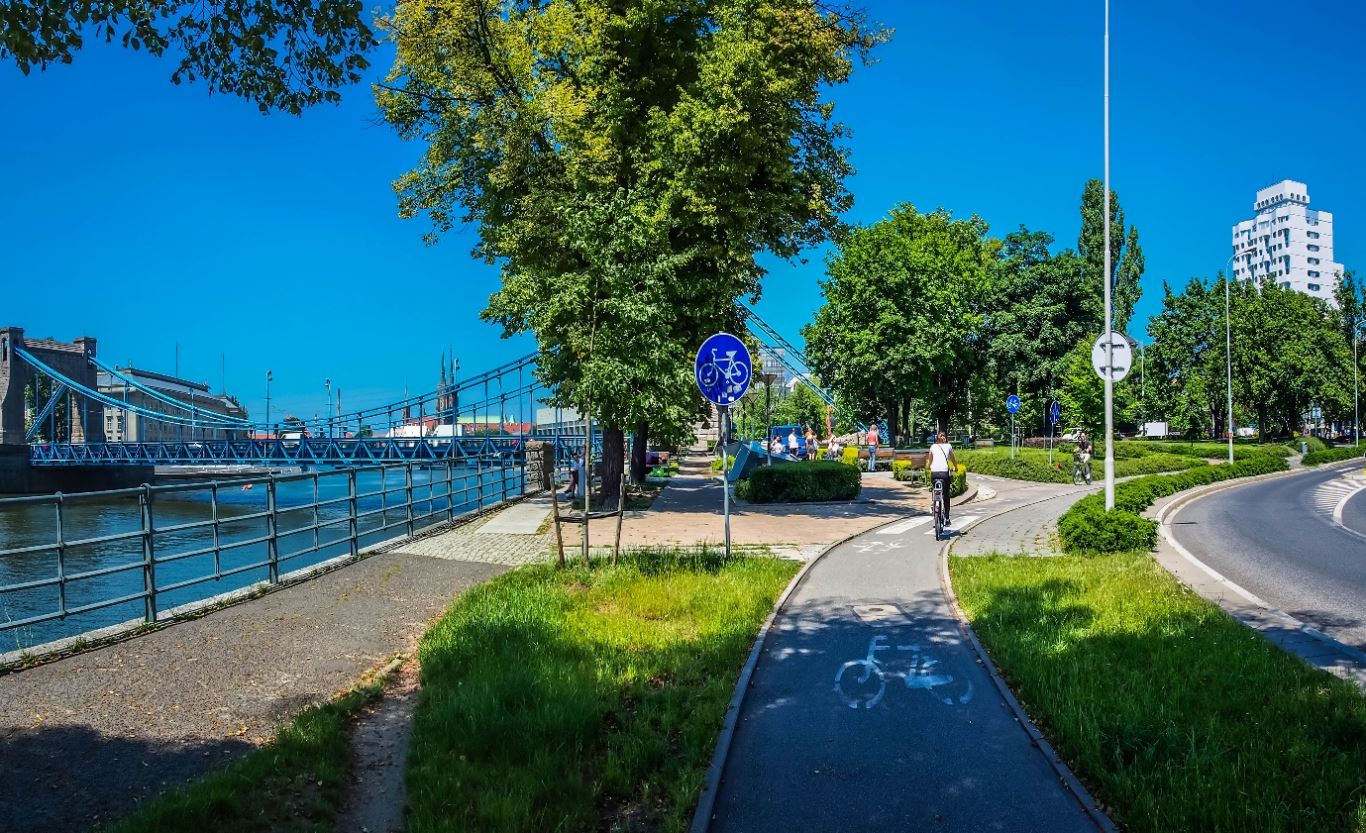

03/08/2021
The greenhouse gas emissions from transport contribute to climate change, and traffic-related air pollution, noise and road traffic crashes add to the disease burden in Europe. The COVID-19 pandemic has shown the important role of active mobility in public health and the necessity of strengthening the resilience of mobility to crises and disasters. European authorities agreed that post-pandemic recovery packages need to focus on innovative approaches to expanding clean, safe, healthy and inclusive mobility and transport, including by reducing car dependency, improving rail traffic and public transport and significantly increasing safe walking and cycling. Building on lessons learned from the pandemic, and recognizing the value of public transport systems and frontline workers who ensure that these services continue, a set of recommendations was developed to assure the sustainability and resilience of transport and mobility systems.
Calling for a pan-European strategy on transport, health and environment
The Vienna Declaration also underlines the need to address inequalities related to transport and urban sprawl, as not all socioeconomic groups have equal access to healthy transportation, public transport networks, resources for active mobility and recreational and green areas.
Building forward better in the pan-European region
Car dependency, restricted use of public space, and lack of safety for cyclists and pedestrians contribute to physical inactivity and sedentary lifestyles, which increase the risk of noncommunicable diseases and obesity.

Increasing cycling and walking in every country
Increasing cycling and walking in every country, ensuring cyclist and pedestrian safety and including active mobility in health policies, can reduce the burden of diseases and the impact of road crashes in the region.
Ministers and representatives of the European countries also adopted the Pan-European Master Plan for Cycling Promotion, a first-of-its-kind initiative that extends across the region.
The Master Plan calls for: Doubling cycling in the region by 2030; Significantly increasing cycling and walking in every country; Reallocating space for cycling and walking; Improving the active mobility infrastructure in every country; Increasing cyclist and pedestrian safety; Developing national cycling policies, strategies and plans; Integrating cycling into health policies, infrastructure and land-use planning.
European countries also agreed to promote the mobilization of financial resources, including from international institutions, green finance instruments, and public and private sectors; to invest in sustainable mobility and transport systems through partnerships; to invest in strengthening capacities and to exchange experiences across the pan-European region.
Nam Hưng
(Source: Vietnam Environment Administration Magazine, English Edition II - 2021)